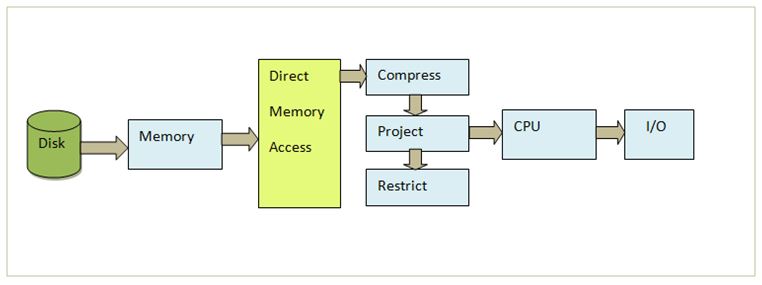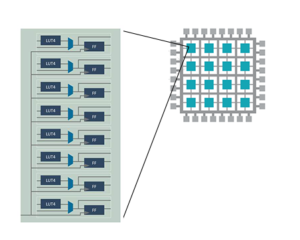


Salaries for FPGA engineers depend on the work skills and experience you have. Specialization in Digital Electronics will enhance your resume further.Įngineering training leads to you becoming an FPGA engineer by teaching you basic digital logic design. To become an FPGA engineer, it is essential that all candidates have at least a Bachelor’s degree in Electrical Engineering. Fully proficient ability to develop and sell concepts and ideas.Ability to think creatively and out of the box.Excellent written and verbal communications skills to communicate issues, impacts, and corrective actions.Interested in and passionate about staying up to date with technology trends.Skilled in FPGA design techniques and processes.Skills and Knowledge for an FPGA Engineer: These include having knowledge of FPGA Engineering concepts – including theories and principles. In order to be a successful FPGA Engineer, there are a few important skills you’ll need to master. Ensure to complete design and development tasks within allotted timelinesįind an FPGA Engineer for your company Hire FPGA Engineers!.Perform system verification and validation to ensure efficiency, reliability and compatibility.Analyze cost and risk factors involved in system development activities.Define test procedures for series production.


Automotive (Automotive advanced driver assistance systems – ADAS).The programmable nature of FPGAs makes them suitable for use in several different industries. However, there are also numerous design tools that allow programming with languages such as C++. This makes FPGAs attractive for prototype development, for fast data and signal processing or as a flexible alternative to application-specific ASICs.įPGAs are programmed via Register Transfer Languages (RTL) such as VHDL or Verilog. Field Programmable Gate Arrays (or FPGAs) are semiconductor devices with reprogrammable logic chips.Their prefabricated logic blocks can be reconfigured and this allows FPGAs to be retrofitted with hardware functions or interfaces without the need for additional chips or wires.


 0 kommentar(er)
0 kommentar(er)
